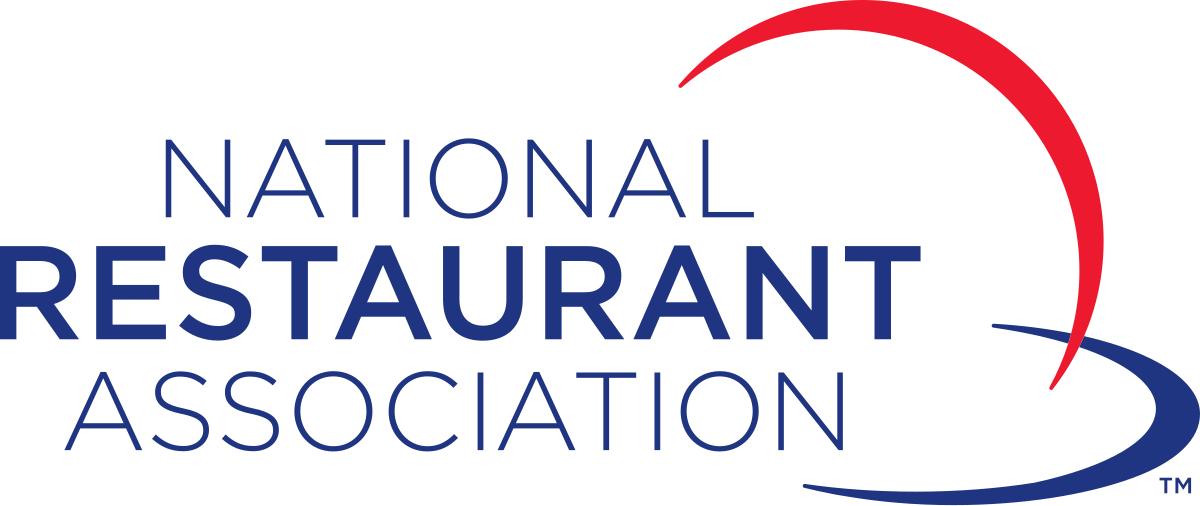How To Become a Server in 2026
Becoming a Server is one of the easiest ways to enter the hospitality industry. It offers opportunities to make good money (through salary and tips), develop many different skills and interact with people from all walks of life.
But how do you get a head start as a Server? Well, there are two main ways to start your journey as a Server:
- Get professional training from a program/course, or
- Get first-hand experience on the job
In this article, we discuss both approaches and highlight their advantages and disadvantages so that you can decide which path is right for you.
Paid Approach to Becoming a Server
While formal education isn’t required to become a Server, pursuing professional training can get you the necessary skills and make you a more appealing candidate to potential employers.
Notable Programs and Courses for Aspiring Servers
Here are three notable programs and courses you should consider if you’re taking the paid approach:
1. American Hotel & Lodging Educational Institute (AHLEI)

[source: AHLEI]
The American Hotel & Lodging Educational Institute offers a Certified Restaurant Server program that teaches 22 key tasks for serving properly.
Some of these tasks include:
- How to greet and seat guests and anticipate their needs
- How to serve beverages and meals to the table
- Learning basic kitchen sanitation and safety guidelines
- How to present guest checks and settle bills
By completing this online program, you’ll become a more appealing candidate for employment, especially if you’re looking for employment in upscale restaurants.
2. National Restaurant Association (NRA)

[source: National Restaurant Association]
The National Restaurant Association offers ServSafe training and certification programs to ensure you learn the best practices for serving food and alcohol safely.
These programs are optional in some states but mandatory in others. Here are the states where a ServSafe certificate or an equivalent food safety certification is required for restaurant Servers:
- California
- Texas
- Florida
- New York
- Illinois
- Indiana
- New Jersey
- New Mexico
- Nevada
- Connecticut
- New Hampshire
Note: Some states have their own legislation regarding food safety certifications. For instance, Las Vegas (Nevada) and Chicago (Illinois) have local regulations in place that mandate certain food establishments to have certified personnel on-site at all times.
See Also: How Old Do You Have to Be to Serve Alcohol Across the US?
3. Courses From Bartending Schools
While the main focus of these schools is on bartending, most of them provide courses on customer interaction and beverage service, which can be useful for people looking for jobs in fine-dining establishments or bars.
Many people who start working as Servers later progress to a Bartender or Sommelier role. Having said that, attending a bartending school can help you make the transition faster.
Here are three of the most renowned bartending schools:
See Also: Top 5 Bartending Schools in NYC
Pros and Cons of Attending These Programs and Courses
If you’re on the fence about whether you should enroll in one of these programs or not, here are a few advantages and disadvantages to keep in mind:
Pros
- Comprehensive training: These programs and courses will provide you with in-depth knowledge of food service safety, sanitation and customer interaction.
- Certification: The certifications acquired could make you a more desirable employee, especially in upscale restaurants and specialized venues.
- Employment assistance: Some programs and courses provide job placement assistance and teach you transferable skills you can use in other roles.
Cons
- Cost: Attending these programs and courses can cost anywhere from $50 to over $1,000, which may be quite a lot for those with tighter budgets.
- Length: The aforementioned programs/courses can take anywhere from a few days to a few months to complete. It might also be difficult to balance these if you have other jobs.
How To Become a Server For Free
As stated in the beginning, a restaurant Server holds an entry-level position.
Having said that, you can usually start working as a Server even without prior experience. In fact, the only thing most employers require is a high-school diploma or GED equivalent.
If you don’t want to take the paid approach, here are a few effective ways you can become a Server:
Apply for Server Positions That Don’t Require Experience
There are many restaurants and cafes that hire Servers who have no previous experience. One of the biggest benefits of being a Server is that the hospitality industry is always looking for hard-working candidates eager to learn.
Look for available Server positions in local establishments that offer on-the-job training and are willing to take employees with no prior experience.
Take Advantage of Free Online Resources
There’s plenty of information online that can be very useful, whether it’s to help you create a resume, write a good cover letter, or practice the answers to the most common questions asked in Server interviews.
Waiter, There’s more! is another useful source of information you can use. They provide tips for food and beverage workers on how to give outstanding guest service and earn more tips as a result.
Here’s a great video where they go in-depth about how to serve a three-course dinner in a fine dining establishment.
Practice Your Soft Skills
Soft skills for Servers include interpersonal skills like communication, patience and the ability to multitask. These skills will allow you to effectively interact with customers and work with your colleagues.
In other words, soft skills shine a light on who you are as a person and they’re highly valued by employers in the service industry.
To practice these soft skills, you can engage in role-playing scenarios with family or friends to simulate customer interactions and improve your communication and patience.
Additionally, you can focus on active listening and multitasking in everyday situations, such as balancing conversations and tasks during social gatherings to build these skills naturally over time.